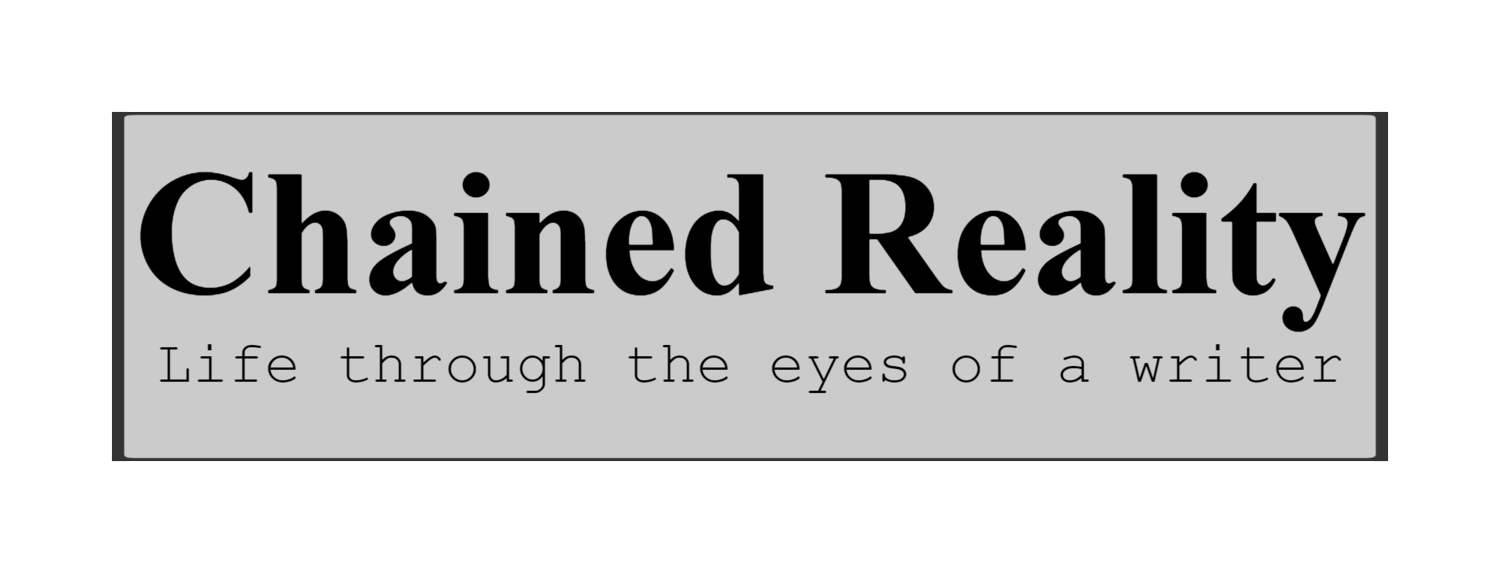Tipping is a bit of a grey area. The modern view on tipping varies based on culture and that’s evident in statistics of tipping rates between states.
Why does tipping vary between states? Wasn’t this system put in place long ago?
How Exactly Did Tipping Come To Be?
Tipping was a concept that originated in Europe.
The thoughts behind various forms of tipping was a thank you to a server or innkeeper for their services. A thought based on appreciation for the work the individual put in to the customer’s experience.
Seems a pretty basic concept really. If someone does something for you, generally an easy way to show your appreciation is to provide them with currency to live their lives with.
Germany even tipped it’s beer delivery workers with money to go get drinks themselves.
Yet there’s a much different history to tipping in America.
I’ve read quite a few articles trying to find multiple views on how tipping in America started and none of them provide any encouraging information.
It seems tipping was adopted in America partly due to racist restaurant owners who could then make their black workers rely on tips entirely.
Not even just the restaurant owners were accepting these practices.
Many customers felt tipping was natural as the servers were seen as “inferiors”.
Was this the only mentality bringing the idea overseas? I seriously doubt it.
However it is important to remember it is still part of what drove tipping to popularity.
What does that mean for modern tipping mentality?
Truthfully, modern tipping mentality is really hard to pin. It’s based on the individual and how they perceive the value of their money versus the value of what they’re getting.
Naturally, many place a very high value on the dollar in their pocket. Why give it out to someone just for doing their job?
I totally understand that mentality, and so does Japan.
That’s not the culture we live in. Tipping is expected in many places, though primarily in the restaurant industry.
While some say you may be chased down for an explanation if you don’t tip, personally I’ve never seen it.
You may be remembered as a poor tipper and receive far less effort next time you stroll in, but it generally hasn’t gone past that.
I’ve always wondered how people who have never worked in food service view tipping.
All I can really find beyond asking the people I see day to day are articles complaining about tipping. Oh and one funny one on myths about your server.
My overall thought on the modern view of tipping: There is no solid view.
Isn’t That Kind Of The Point?
The psychology behind tipping is even more of a grey area than the idea of tipping itself.
Every person tips based on their own personal view of tipping and that’s not how business should work.
Haggling is one thing, but even in haggling the two parties involved either come upon an agreement or move on.
It seems neither the server nor the customer are particularly happy with the tipping system.
Especially for a place like where I work, where it’s a coffee shop and a restaurant. You order at the front and we bring food and drinks to your table.
Do we try to come around and give refills or make sure there’s nothing else you need? Absolutely.
But on any given day there’s only two “servers” who are also baristas and food runners(and sometimes dish washers) and when you have a full house it’s hard to keep tabs on every table.
In a tipping system, this creates a whole host of confusion on what proper service can even be quantified as.
If there are only two “servers” waiting on 25-30 people at any given time, how do you know when their service should deserve gratuity?
Coming from working in a busy downtown restaurant before this job, I understand our dynamic is completely different.
It’s not uncommon for us to not have time to swing by. It’s also not uncommon for people to stop us for refills and boxes or adding to an order whether we have time to or not.
Perhaps that explains how some of our busiest days can be some of our worst tip days regardless of how fast we move or big we smile.
What does the individual constitute as proper service to deserve a gratuity?
I do my best to understand what my guests are thinking. I don’t want to screw them over, or overcharge them just because I need more money to live.
They work for their money too. It’s not about taking from those who have more, it’s purely about providing a service and having a standard of living from your work.
But when your business model is work then hope people pay you for it, obviously it doesn’t always work out.
This Can’t Be Every Tip Reliant Worker’s Experience, Can It?
Thankfully no. This post comes purely from my own perspective.
Even as I’ve read through 20-30 articles within the last three days, making this the most researched piece I’ve ever done, I can’t find any answers that can be applied to the whole picture.
It’s ridiculously difficult to accurately track tips. With so many servers reporting minimal cash tips, it’s hard to know exactly how much they’re making.
Why aren’t they properly reporting cash tips? Sometimes out of necessity. Bills add up, and taxes can be the difference between paying them and not.
Is that right to do? Well, that’s a tough call.
When you’re trying to keep your place to live and food in your fridge, as well as the ability to live your life beyond staring at the wall when you get home you tend to bend your beliefs around your own views on life.
Survival in the modern age has also turned from physical survival to social survival. It’s not uncommon to have fewer people willing to go out of their way when you can’t meet up as much.
Whether it’s because you’re poor or not, people often tend to put more effort into those who put effort into social structure.
Consistently turning down social events and lacking a presence in a social structure can make personal success in a world obsessed with social interaction incredibly difficult.
Are You Suggesting Poverty Is Affecting Overall Health?
Honestly, I thought this was common knowledge. Although, if you really need it spelled out this article does a great job.
If you haven’t thought about it, there are plenty of heavy psychological reasons poverty absolutely affects a person’s social health.
Not just social health either. Physical health is heavily impacted by poverty, and not just by what food is available.
I’m too poor to afford a gym membership in town at $45 per person each month.
Are there cheaper gyms around? Sure, there’s one for around $20 about 20-25 minutes away. But I can’t afford the gas to drive that every time I want to go which is reasonably every other day at least.
My exercise is when I use hand weights(which were given to me by my Mom when she stopped using them), and when I take walks.
As I research I find there are a whole host of reasons tipping is keeping many people in poverty and how it truly affects the individual and the community around it.
I can tell you now I’m not particularly driven to be involved in my current community. Actually, it’s quite the opposite.
I avoid people like the plague, and shoot down human connection on a daily basis. I’ve been pondering the consequences of such things at length and nothing good comes from it.
Though I enjoy my solitude I don’t want to live a life feeling estranged from the society that I was taught to love as a kid.
Society hasn’t worked in my favor for most of my life, for far more reasons than just tipping.
Tipping is simply a constant reminder of how people view each other. And I don’t much like what I see on a day to day basis.
What Exactly Have We Learned Here?
We’ve learned tipping may be a broad social and cultural issue with no good solid answers. It’s too heavily influenced by the individual’s view of tipping.
There is far more research to be done by people more learned than I.
As we reach the end of my data fueled soapbox I’ve honestly come to one conclusion on the best course of action for this particular problem: The solution is on an individual basis.
Could I start a long campaign to abolish tipping in America? I don’t need to. It’s already there.
As a long time lover of the concept behind Hospitality and it’s importance to culture across human history, I can say for sure researching this is the final nail in the coffin of my desire to work based on tips.
Not because the job is not worth my time. Because doing work for people who don’t truly appreciate that work enough to give me a standard of living isn’t worth my time.
Before you think me a jerk for saying these people aren’t worth my time, remember that I don’t get any of the time I spend there back in life.
Would I rather spend life making lattes for retirees and smoothies for school kids, or research and expand my mind while providing an outlet for this information for the rest of the world?
Seems like a pretty obvious life choice to me.
Maybe the future of automating food service will help eliminate these problems within the industry and allow some truly intelligent(42% of food service workers have a college degree) and hard working people(Average hours worked per week is 40-49) to provide more than just a quick easy meal to society.







